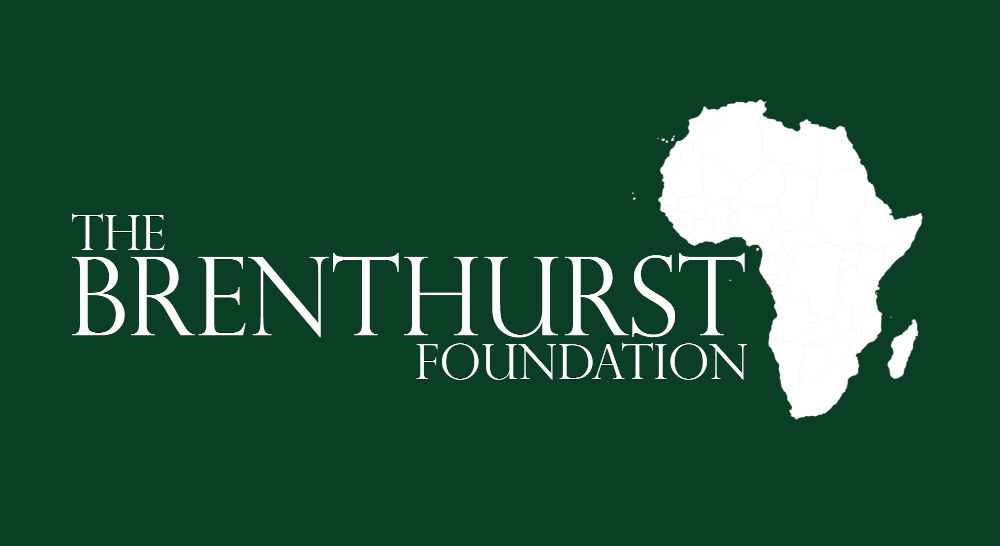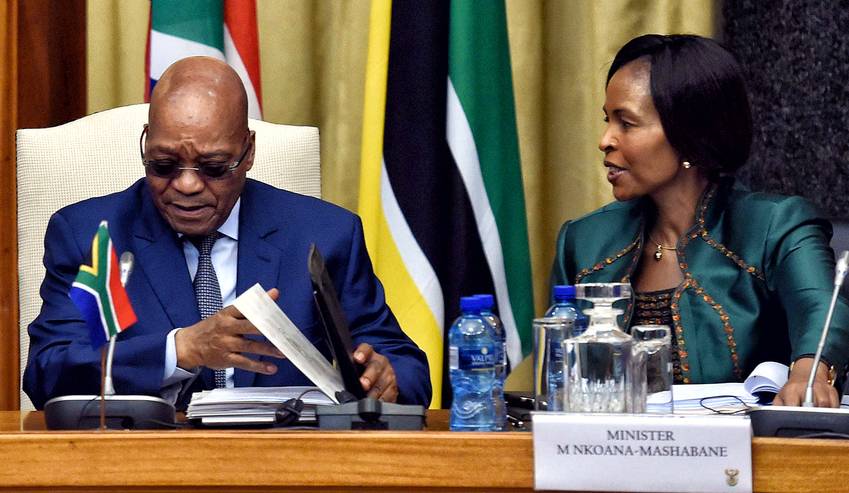News
South Africa and Mauritius — Why do countries reform?
From a low-income economy based around agriculture, principally sugar-cane, Mauritius has progressed quickly, diversifying through textiles, apparel and tourism into offshore financial and ICT sectors.

As South Africa under Cyril Ramaphosa contemplates how to balance calls for growth and redistribution and juggle the needs of political constituencies to implement, finally, a list of economic reforms, it would do well to look at what others in Africa have managed. Mauritius, for one, is at the top of the charts when it comes to African governance.
Mauritius’ average score in the World Bank’s Ease of Doing Business indicators is 77.54, ranking it 25th worldwide, compared to the sub-Saharan average of 50.43, or the score of its Indian Ocean neighbour Madagascar in 162nd position at 47.67. The next highest sub-Saharan African country, Rwanda, is in 41st slot. Kenya is at 80, South Africa 81st, and Botswana 82nd.
On the Ibrahim Index of African Governance, defined as the provision of the political, social and economic public goods, Mauritius again tops the African rankings, scoring 81.4in 2017. Seychelles is second with 73.4, with Botswana completing the top three with a score of 72.7.
Mauritius’ GDP per capita is $9,630, well above the sub-Saharan African average ($1,464), that of Madagascar ($401), and South Africa and Botswana ($5,284 and $6,924). Only in this key regard does it rank below Seychelles where, with a population of just 95,000, it’s over $15,000. The average life expectancy of Mauritians in 1960 was 58; now it’s 74, whereas sub-Saharan Africa has gone from 40 to 59 over the same period.
Mauritius’ path to prosperity is well understood.
From a low-income economy based around agriculture, principally sugar-cane, Mauritius has progressed quickly, diversifying through textiles, apparel and tourism into offshore financial and ICT sectors. The number of tourists has doubled this century alone, Mauritius now receiving as many tourists today as there are citizens, some 1.3 million.
With an aggressive package of tax and other incentives, the island has grown its foreign direct investment inflows from $1.6-million a year in 1970 to average, now, around $500-million annually, around half of this in real estate, 16% in financial services and 13% in tourism.
Still, Mauritius has not lost sight of its traditional strengths, with sugarcane still accounting for a quarter of export income.
None of this is rocket science. Mauritius’ diversification has been based on lowering barriers to entry including ensuring administrative efficiency and legal clarity. It’s followed a policy path well-trodden in Asia.
Liberalisation of the economy was carefully staggered through the creation of export processing zones in the 1970s. Now there are 21,500 offshore businesses and nearly 930 global funds domiciled in Mauritius, where the top rate of corporate and personal income tax is just 15%.
As a result, economic growth has averaged over 5% since its independence in 1968, at the same time significantly reducing inequality. It’s too easy, however, to put Mauritius’ success slowly down to sandy beaches, great weather and financial incentives.
Neither was this path preordained. In the early 1960s, analysts gave the island little hope of progress, given its geographic isolation and rapid population growth, and a fraught colonial history. Now some put its success down to its diverse national make-up, albeit with a clear Indian majority. Yet plenty in Africa have a similar ethnic tapestry, which more often than not has been given as a reason for corruption or instability.
So why Mauritius?
Why do other governments in Africa not make similar choices when the examples of success abound? Or, more bluntly, why has nearby Madagascar been such an abject comparative failure?
Part of the answer may lie in Mauritius’ democratic status. In 1980 it was one of two African countries considered as democratic, the other being Botswana. It has maintained its democratic record since independence, notwithstanding a wobble in the early 1970s. Today Freedom House ranks it at 89/100, where 100 is regarded as “most free”, the highest score in Africa. By comparison, the lowest, Eritrea, is at 3 and South Sudan is at 4; South Africa is at 78 and Botswana at 72, Seychelles at 71; Kenya is 51 and Nigeria 50.
This goes hand-in-hand with a developed legal system and code which have made the foreign investment climate in Mauritius one of the best in the region, along with other strong institutions. This relates to the level of investment in people, with 90% of entrepreneurs in the Export Processing Zones and in the manufacturing sector Mauritian nationals.
Mauritius has also taken what it can from the past, and moved on.
On the quayside of the new waterfront in Port Louis is a statue of Sir Seewoosagur Ramgoolam, viewed as the father of the nation, known by his nickname Chacha (uncle), who led the independence movement. Facing him, across the road, is a statue of the ambitiously named Bertrand-François Mahé de La Bourdonnais, a central figure during the French colonial period between 1721 and 1810.
This is not surprising since Mauritian politicians are at pains to point out the importance of racial inclusion in their society, especially of the tiny (perhaps one percent) French minority which continues to wield a disproportionate economic influence.
Success is also down to a practice of consensual politics. Ideological differences have waxed and waned since the late 1960s.
Ramgoolam was the first prime minister of a coalition government of the Labour Party and the Parti Mauricien Social Democrate. In 1969, the opposition Mauritian Militant Movement (MMM) led by Paul Bérenger was founded. As Bérenger, 72, notes now, “We were very, very radical – sometimes called the Mauritian Marxist Movement and even,” he smiles, “the Mauritian Military Movement.” He was among the MMM leaders held, as he refers to this period, “in political detention” for a year in 1971 after strikes which had led to an outbreak of violence.

Yet by 1982 Bérenger was in a coalition government serving variously as deputy prime minister, minister of finance and foreign minister, and was prime minister from 2003 to 2005, the first Caucasian to serve as head of government of a post-independence African country.
Speaking from his study in Vacoas piled high with government documents, Bérenger says that Mauritius was “supposed to fail rather than succeed. Things in our history and at independence were indicative of trouble ahead. Many in the private sector were against independence, and 44% of the population voted against it in a referendum. There was violence in the run-up and immediately afterwards, and elections were postponed in 1969. It was,” he recalls, “the Wild West of politics” at the time.
But the reasons for success were, first, “that the Labour Party which, too, was very radical, did not go ahead and nationalise industry, even though some saw this as a betrayal including my own party. If we had done this we might have ended up as another Zimbabwe. The result was that the private sector stayed and diversified according to a clear deal: I [the government] will not touch your property, but the state is my part.”
Second, reflects Berenger, “personalities were also important. The old man, Sir Seewoosagur Ramgoolam, was very special. We fought like mad, but got on very well.”
And third, “democracy has undoubtedly also played an essential part in Mauritius’ success, along with the constitutions, which is very strong on fundamental freedoms, separation of power and protection of private property. We have an exemplary electoral set-up, with an independent electoral commissioner with the security and tenure of a judge, with their own staff, and an electoral commission chosen by the president after wide consultation … even though,” Berenger adds, “we have an awful first-past-the-post, undemocratic electoral system”.
All this does not mean, he notes, that Mauritius is without other problems, including “corruption and abuses of power – though compared to others countries in Africa, we are better”. The democratic system also allows, he admits, accountability, policy innovation and self-correction.
Mauritius’ Vice President Barlen Vyapoory, who previously served as High Commissioner to South Africa, “definitely agrees” that the island’s “economic success is related to our democratic success”, reminding that “democracy is like, as Churchill said, the worst system of government apart from all the others. We have believed in the process of democracy as the best option, and we have worked towards making everyone feel secure, through welfare and through accommodating each ethnic group’s aspirations.
“Although the majority of people are of Indian origin, we have tried our best to live peacefully. While the white population are a small minority, they have been given all opportunity to participate.”
As if to emphasise the point, he warmly welcomes us into State House, a colonial chateau built as a fortress in 1749, and formerly the governor’s residence.
“Democracy has to,” he notes, “work hand-in-hand with education to be a bottom-up process. This has enabled us to capitalise on our strengths. And it has ensured political stability and security, and institutional development, which has played in our favour.”
This aspect may explain why Mauritius has thrived, and not Madagascar next door, where the thirst for power has constantly been greater than the interests of the people.


